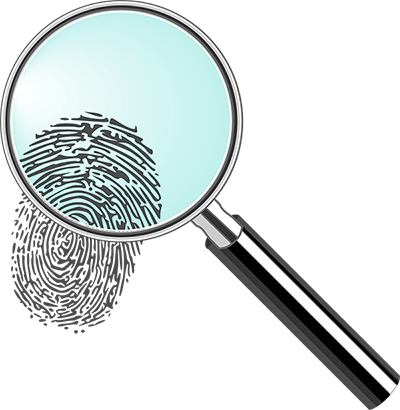Expert evidence and forensic science in the courtroom
Introduction
The law usually lets the judge or the jury decide what to make of the evidence. But there are some pieces of evidence that an ordinary fact-finder would not be expected to know anything about. For example:
- How is it relevant that the refractive index of a piece of glass found in a suspect’s shoe is a particular value?
- What is the significance of particular bands shown on a DNA gel?
- Is it usual or unusual to find a particular chemical in human blood?
To help a fact-finder make sense of such questions, the law sometimes permits a person who can offer an answer to give evidence. But because there are risks in allowing evidence from individuals who purport to know so much more about a topic than the actual fact-finders, the law strives to protect the fairness of the process with various legal safeguards.
This course gives an overview of the law of expert evidence, including discussion of key issues such as practice and procedure, the duties and liabilities of experts, the question of how non-experts can adjudicate over the views of experts, and the increasing mathematisation of scientific evidence. The various issues are finally brought together in a case study of one of the most notorious miscarriages of justice in recent years.
Some topics covered in this course are emotive (including reference to sexual violence and infant death). These are indicated by the words ‘sensitive topic’ in a ribbon that you can see below. For further guidance on how to deal with sensitive topics, please see Working with sensitive topics [Tip: hold Ctrl and click a link to open it in a new tab. (Hide tip)] .
Sensitive topic
This OpenLearn course is an adapted extract from the Open University course W250 Evidence law.

